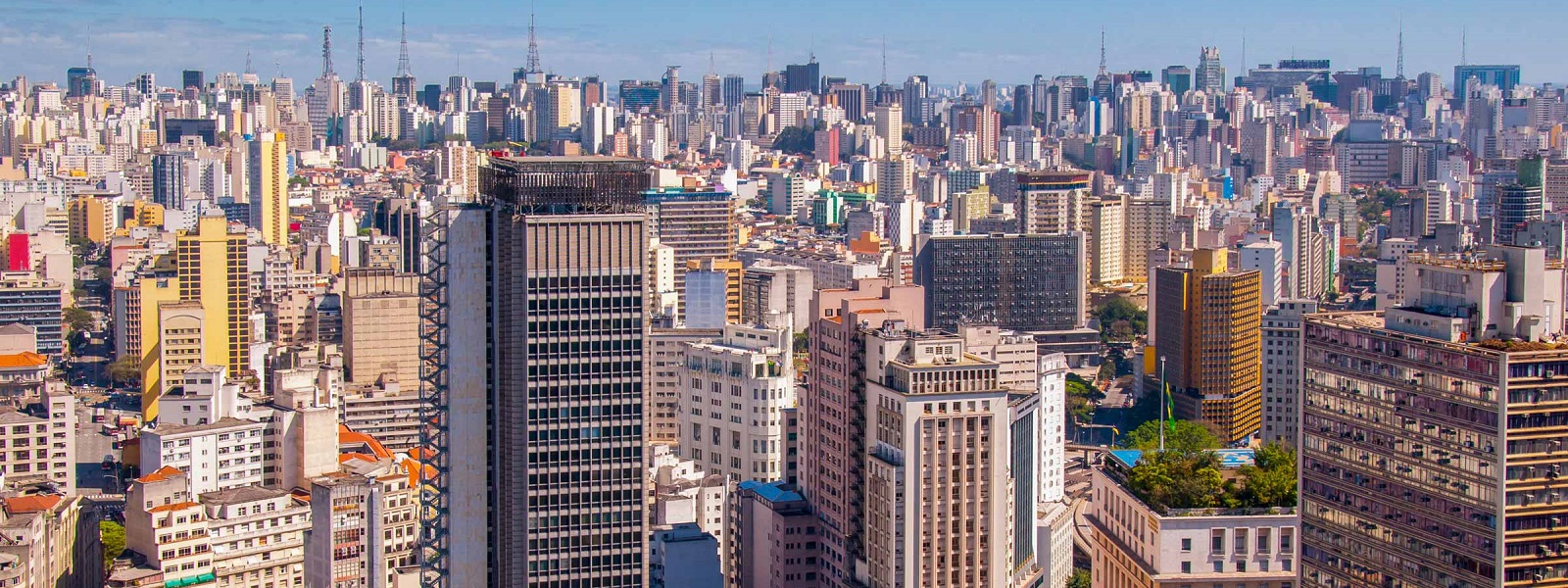Vietnam’s capital markets are rapidly changing as investors and lenders respond to the demands of the country’s fast-growing economy.
Loan, bond, public equity and private equity (PE) markets in Vietnam have expanded significantly in recent years, benefitting from consistently strong economic growth and, more recently, Vietnam’s growing strategic importance as an alternative supply chain hub for multinational companies pursuing a “China-plus-one” strategy. According to the country’s Ministry of Planning and Investment, foreign direct investment in Vietnam was up 13.5% year-on-year to US$22.4 billion in 2022, almost double the amount recorded in 2013.
This economic expansion has spurred the development of the country’s debt markets. For example, according to ratings agency Fitch, Vietnam’s corporate bond market almost quadrupled in size during the pandemic, swelling from 2% of GDP in 2020 to nearly 8% by 2022.
Loan markets have also expanded, with BMI Research reporting that Vietnamese banks have seen steady year-on-year growth of around 12% in assets and loans. Public equity markets have also transformed. In 2000, the Ho Chi Minh Stock Exchange opened with just two listed companies. Now, there are over 400.
Inbound interest
The expansion of Vietnam’s bond, loan and equity markets has been supplemented by the emergence of domestic and international PE and private debt players who have injected additional pools of investment into the jurisdiction.
In October 2023, global private markets investor Bain Capital made its first ever investment in Vietnam, closing a deal to buy around US$200 million of convertible shares in retail and consumer goods business Masan Group, joining other international institutions such as the Abu Dhabi Investment Authority as an investor in Masan Group.
F88, a Vietnamese money transfer, small loans and insurance provider backed by Mekong Capital, secured a US$50 million loan from Lending Ark in September 2023.
In March 2023, Masan Group secured a US$650 million syndicated loan from a consortium of international lenders, including BNP Paribas, Credit Suisse, HSBC, Standard Chartered and the United Overseas Bank.
Meanwhile, Vietnam’s first unicorn company, VNG, also became the country’s first technology company to seek a listing in the US, although difficult market conditions have caused it to put its IPO on hold until 2024.
Bumps in the road… but long-term outlook positive
Despite the progress already made in expanding Vietnam’s capital markets, there is still work to do. The banking sector is highly concentrated with the country’s 10 largest banks, many of which are state-owned, controlling 60% of total assets in the sector. Moreover, a cluster of conglomerates dominate the stock market, with the top 10 listed stocks representing around 39.8% of the total market capitalization.
Vietnam has also not been immune to the disruption across global markets caused by persistent inflation and rising interest rates.
Reflecting external and domestic challenges, the World Bank has forecast that Vietnam’s GDP will expand by 4.7% in 2023, down markedly from the 8% recorded in 2022. In addition, a crisis in the real estate and construction sectors has also slowed momentum in Vietnamese debt markets.
Property developers enjoyed a strong period of growth prior to pandemic lockdowns and tapped debt markets extensively to fund expansion. However, as the real estate sector slowed, property developers found themselves over-levered. A high level of contagion risk emerged as a result of various crossholdings between key players in the sector. This led to a number of the international bonds issued by Vietnam’s largest property groups falling into distress and trading at deep discounts.
The turmoil in the real estate sector has weighed on debt markets in other sectors in Vietnam, resulting in an increase in restructurings, but there is optimism that the country will navigate through this period of disruption and continue its upward growth trajectory. Vietnam’s long-term growth fundamentals (such as rising middle class, urbanization, increasing digitization and improvement of infrastructure access) and the recent US-Vietnam Comprehensive Strategic Partnership have put it firmly on the radar of global investors.
According to McKinsey, Vietnam’s economy has expanded at a compound annual growth rate of 5% in real terms over the past 20 years, 1.7x faster than the global average. With its middle class expected to expand from less than 40% of the population today to 75% by 2030, the country has a long growth runway ahead.
In addition to favorable demographics, an expanding high-end manufacturing base has positioned Vietnam as a credible hub for companies and investors that are over-indexed on China and seeking to diversify their APAC portfolios.
For instance, South Korean electronics giant Samsung manufactures more than half of its mobile phones in Vietnam. At the end of 2022, South Korean carmaker Hyundai partnered with local conglomerate Thanh Cong to open a new factory with the capacity to build 100,000 cars per year.
After a deceleration in 2023, the World Bank expects Vietnam’s economic expansion to accelerate in 2024 to 5.5% and again in 2025 to 6%.
The Vietnamese government has also moved proactively to tighten standards across capital markets. As restructurings in the property sector are resolved and the economy regains momentum, this enhanced regulatory framework will provide a springboard for Vietnam’s capital markets to continue growing and provide more liquidity to the country’s companies.





